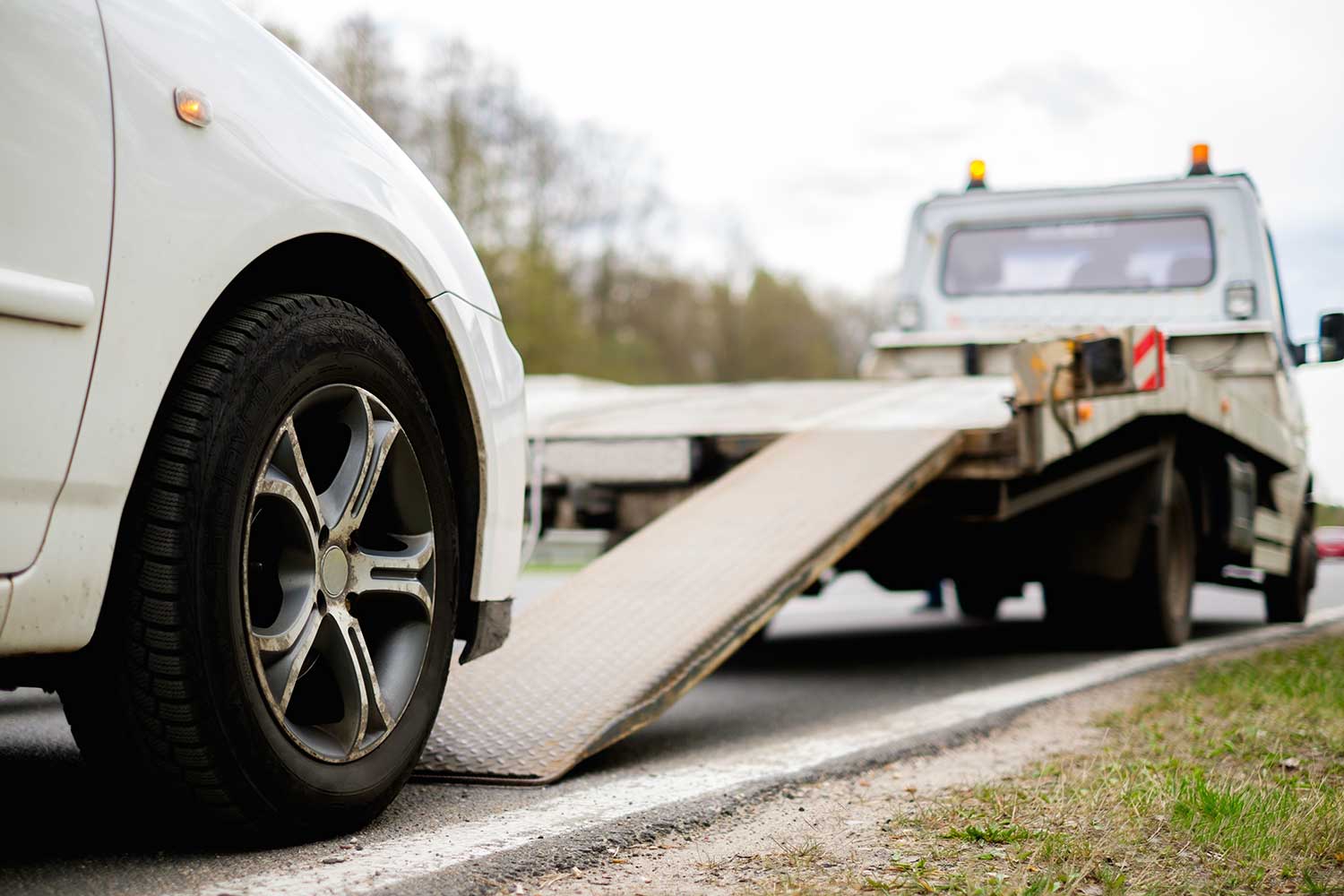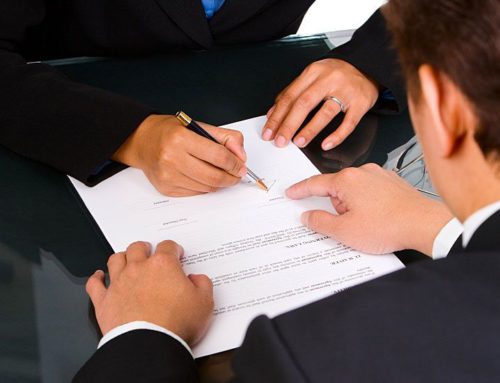A Chapter 13 bankruptcy filing may provide for return of a repossessed vehicle prior to sale, and the Chapter 13 plan may provide for payment of the debt, with full insurance coverage at all times, at an interest rate which is typically only 1.5% over the current Federal interest rate. Additionally, if the financing and security agreement were signed more than 910 days prior to the filing of a Chapter 13 case, then the secured value of the vehicle to be paid though Chapter 13 is the current fair market value of the vehicle, and not necessarily the full payoff balance.
When a vehicle has been repossessed, an important consideration is whether it is prudent to use a Chapter 13 case to recover, and pay for, the vehicle or whether the same time and money may be more productively applied toward a safe and reliable replacement vehicle. If the vehicle is worthwhile to recover and the monthly expense involved in a 60-month repayment plan is affordable, then Chapter 13 bankruptcy is a reasonable option to recover a repossessed vehicle and resolve the debt.
If the deficiency balance from the repossessed vehicle is/will be low, and other your debts are manageable (including the expense of a replacement vehicle), then repayment of the deficiency may preferable. If a mutually agreeable repayment plan can not be made, then Section 128.21 of the Wisconsin Statutes provides a payment plan up to 36 months, under the protection from collection by the Wisconsin Courts. If the anticipated deficiency after the sale of the repossessed vehicle will be significant, along with your other debts, then Chapter 7 bankruptcy is an option to address debts which can not otherwise be reasonably resolved.




